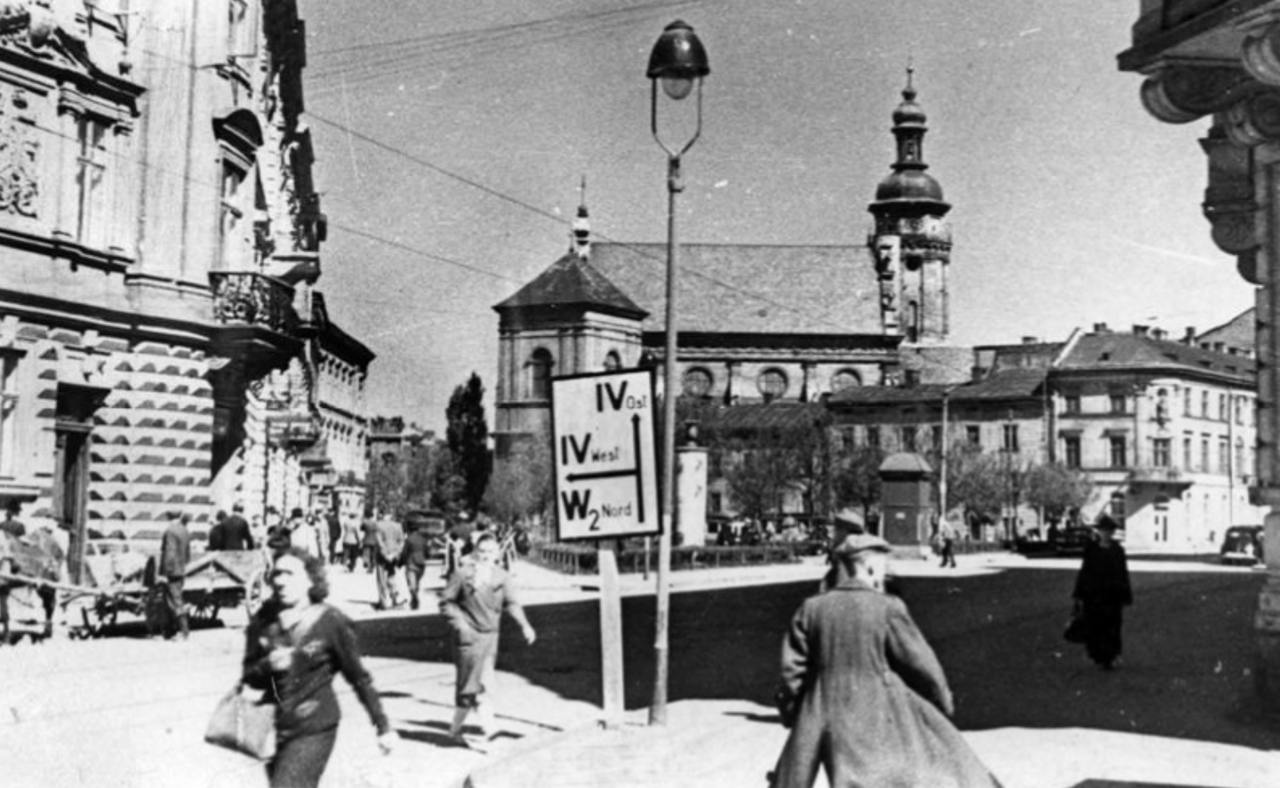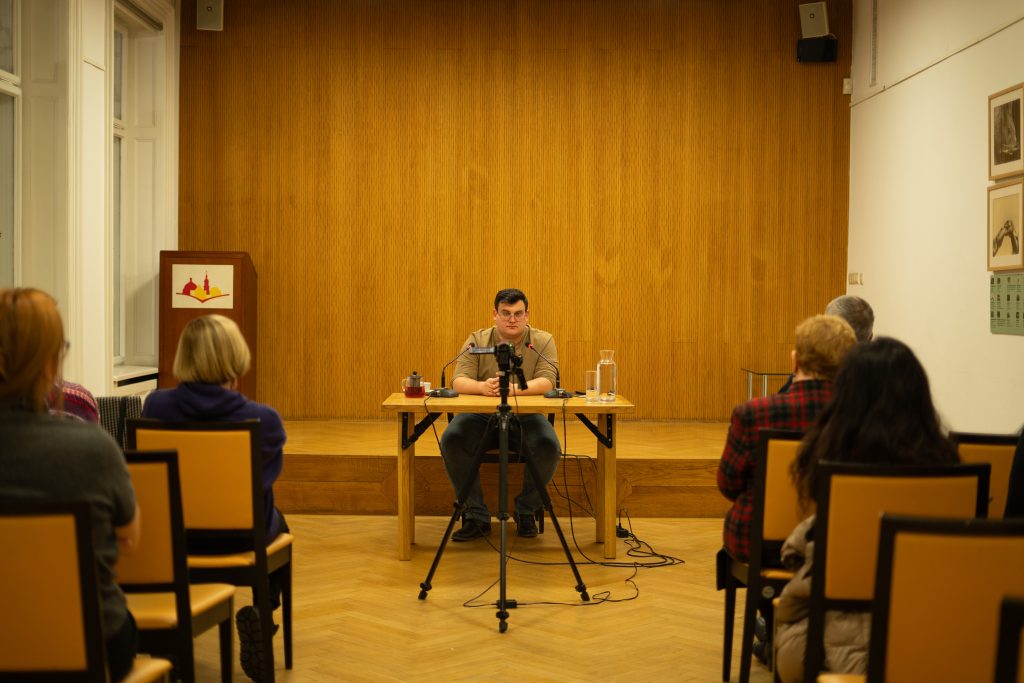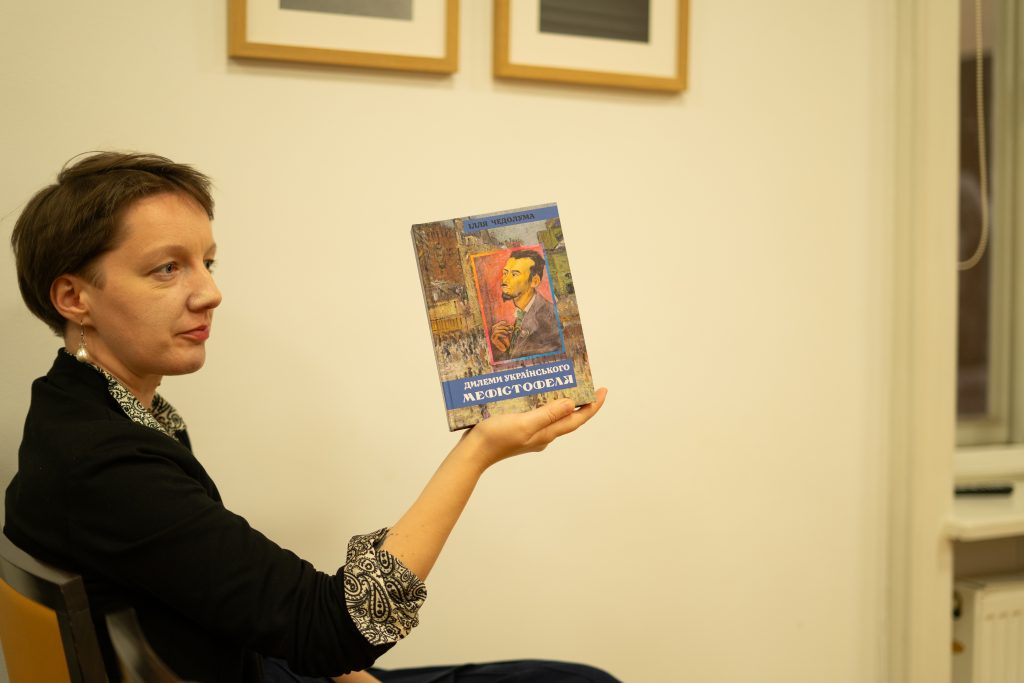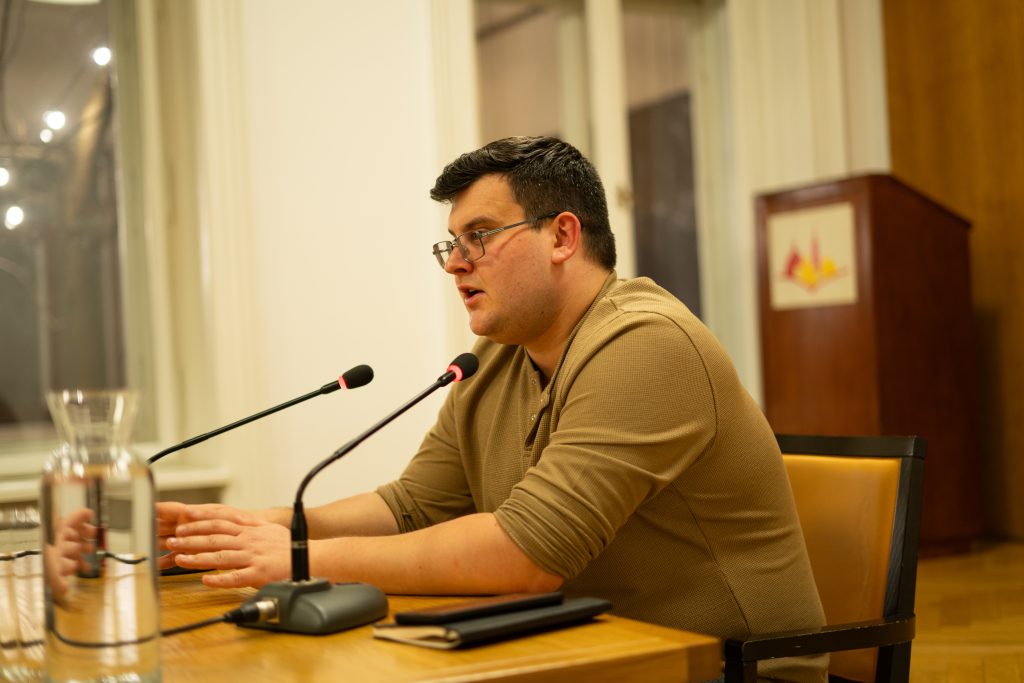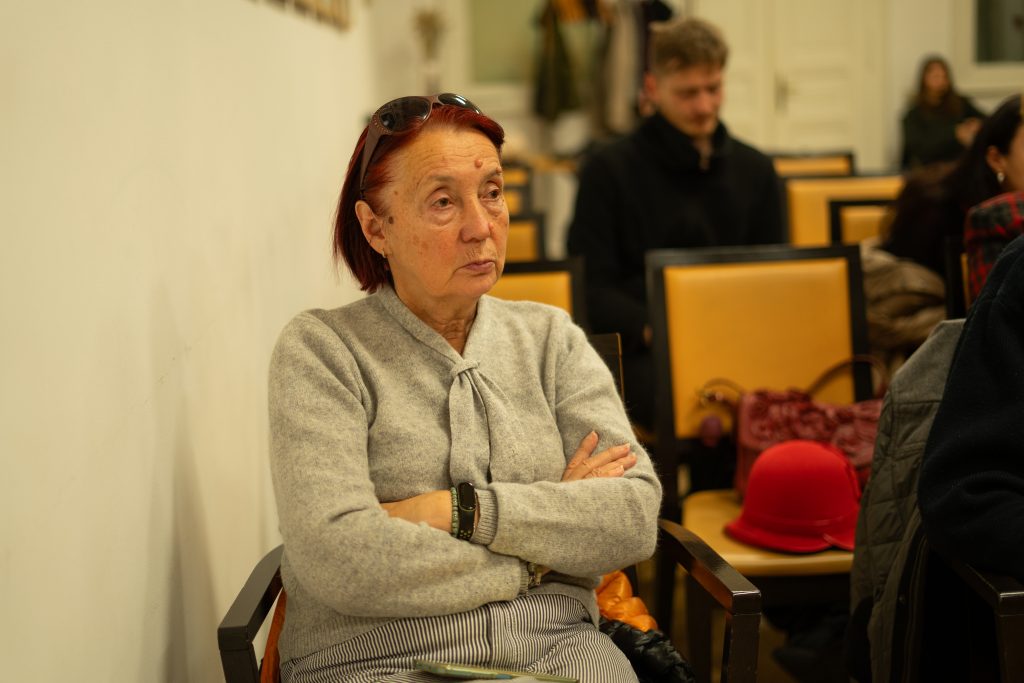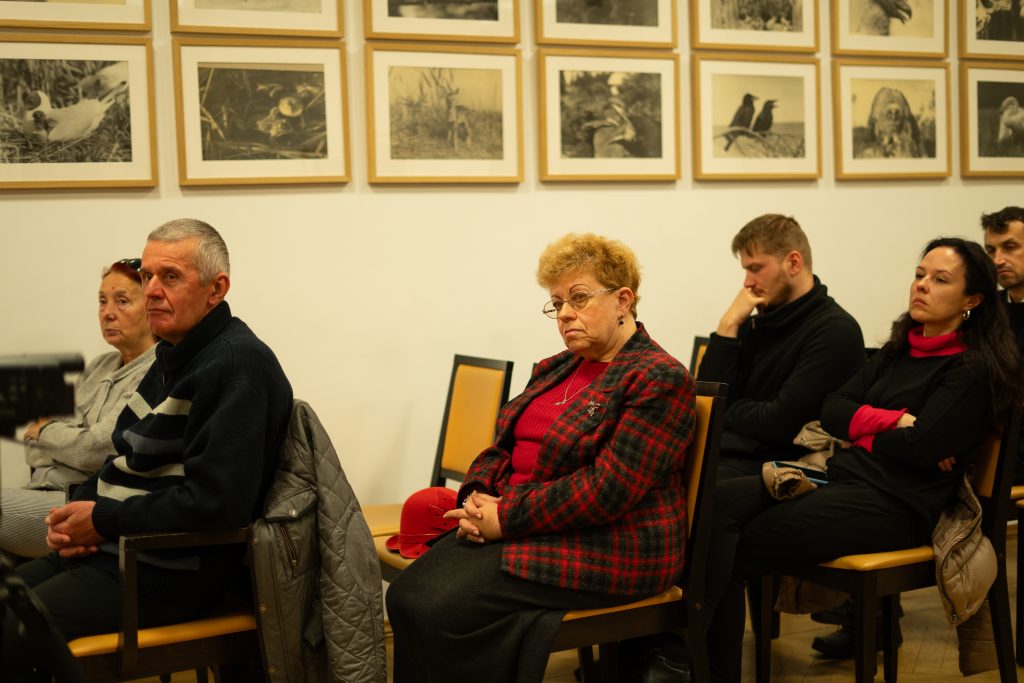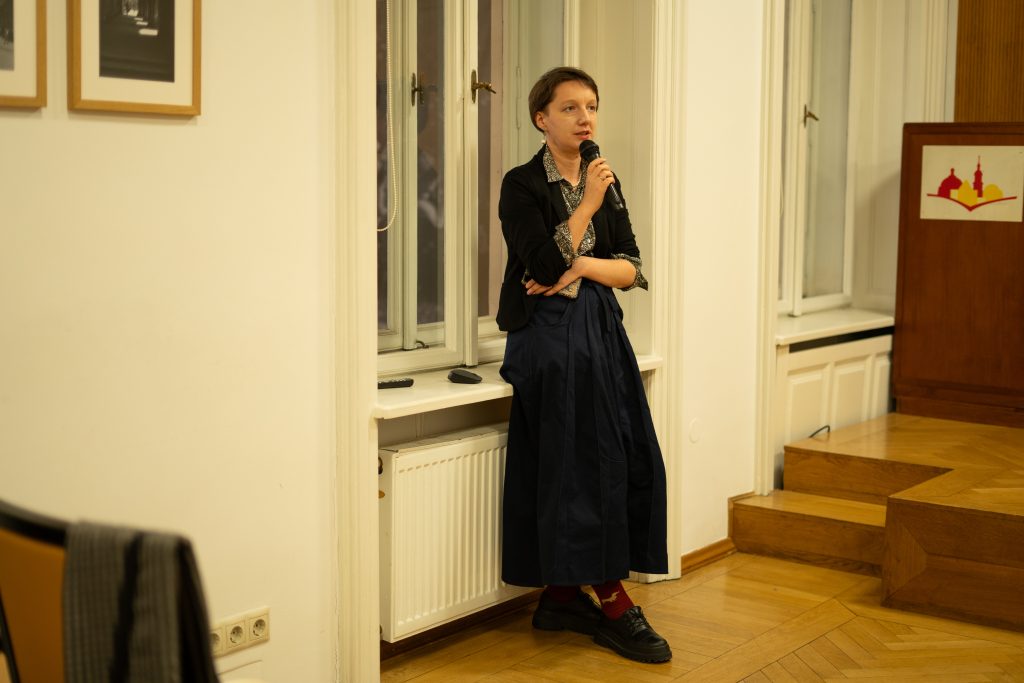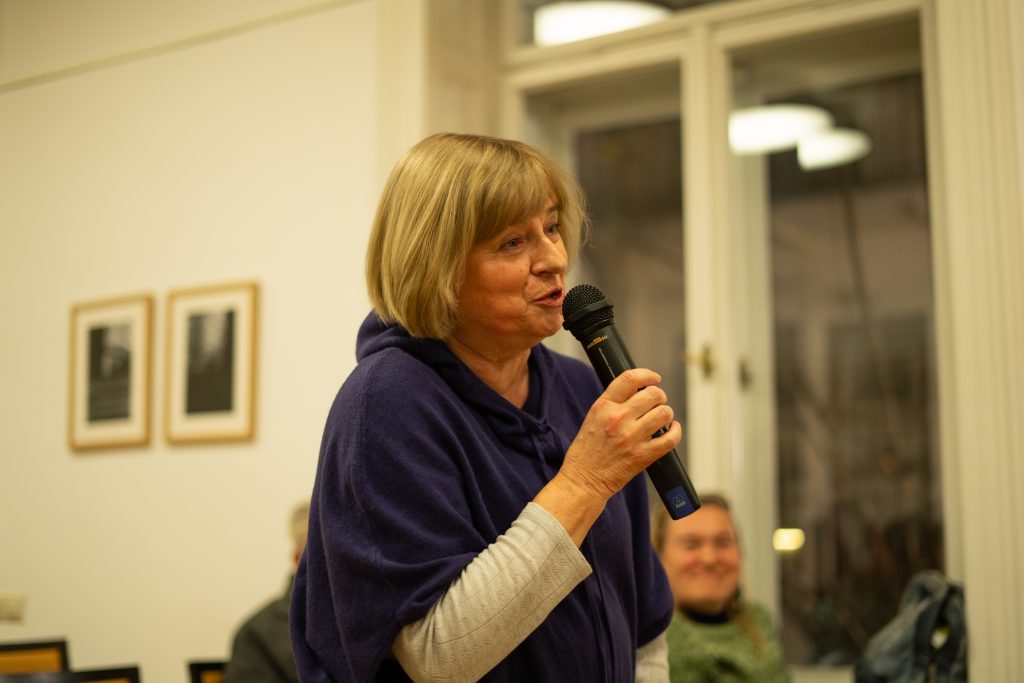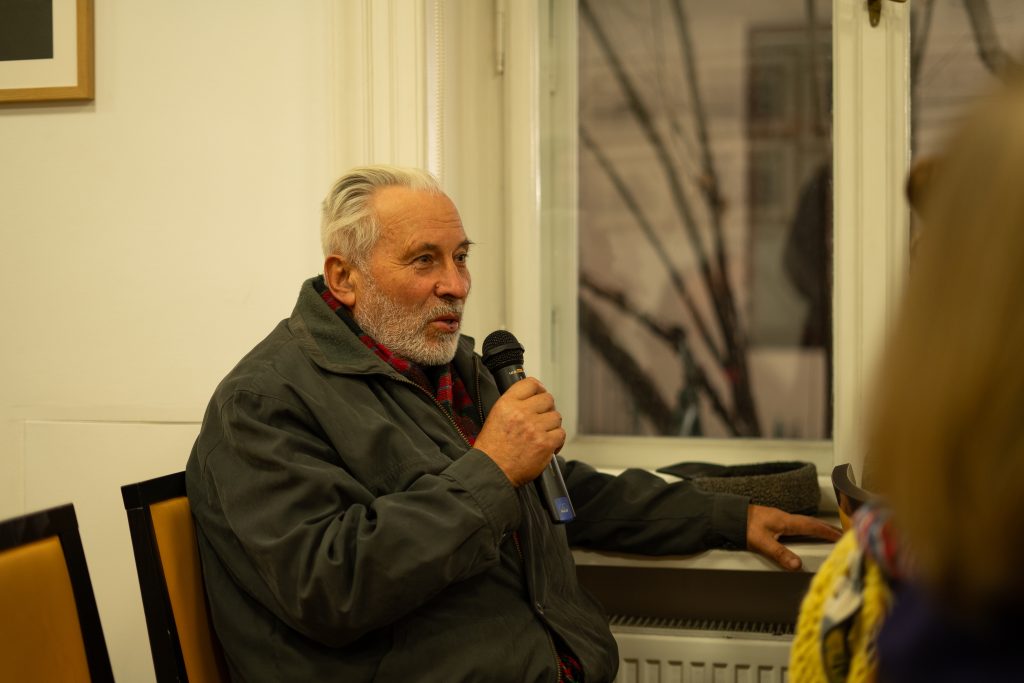To Be or Not to Be: Mykhailo Rudnytsky's Life Choices During the Second World War
Ilya Chedoluma
Institute of Historical Research, Ivan Franko National University of Lviv / Ukrainian Catholic University7.11.2024, 18:30
Conference Room of the Center for Urban History
We invite you to a lecture by Ilya Chedoluma, which continues the public program "Source as Choice".
During the Nazi occupation of Lviv, the literary critic and publicist Mykhailo Rudnytsky faced a number of dilemmas. Coming from a mixed Ukrainian-Jewish family, he had reason to fear for his life. The key to understanding Mykhailo Rudnytsky's behavior during the war and his attitude to the war afterwards was the event that took place on the night of July 3-4, 1941, in Lviv-the mass murder of Polish intellectuals and their relatives by the Nazis. The second event that influenced Rudnytsky's behavior during the occupation also occurred in early July 1941. At that time, the Literary and Art Club was registering writers and journalists. Not anticipating a threat to himself, Mykhailo Rudnytskyi went to the Club at 3 Pidvalna Street. On the doorstep, he met an acquaintance who discouraged him from applying for membership because, as he claimed, Petro Karmansky, a former friend from the “Moloda Musa,” had denounced him as a Jew by birth.
These two events influenced Rudnytsky's first decisive choice during the occupation-to remain in the public sphere or to leave it. He chose the latter. The next decisive choice came in 1943-1944, when Mykhailo Rudnytskyi decided whether to stay in Lviv and wait for the second coming of Soviet rule or to emigrate with the rest of his family and many friends. This time he chooses the former.
During the lecture, the researcher invites us to think together about what sources are available to us about people's life choices in times of social cataclysms; narratives of sources about choices and how to deal with them; reconstruction of choices and processes around them; and finally, what we, as researchers, can and cannot do when working with the choices of people of past eras?
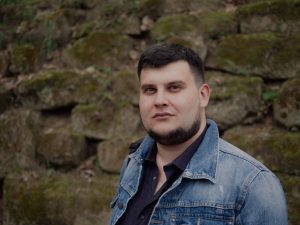
Ilya Chedoluma
Institute of Historical Research, Ivan Franko National University of Lviv / Ukrainian Catholic UniversityPhD in history, junior researcher at the Institute of Historical Studies of Ivan Franko National University of Lviv and a fellow at the Ukrainian Catholic University. His research focuses on various areas of intellectual history and the genesis of ideological traditions on Ukrainian territory in the nineteenth and twentieth centuries, particularly in the area of Ukrainian-Jewish relations. During his residency at the Center, with the support of the Institute for the Humanities (Vienna), he is working on a project to study the functioning of memory in various Ukrainian intellectual interwar environments about anti-Jewish violence during the revolutions and civil wars.
The event will be part of the Center's public program "Source as a Choice," organized by the Center for Urban History in cooperation with EHRI. During the meetings, researchers will share their work with various sources on war and mass violence in the twentieth and twenty-first centuries. The choice to create and preserve sources can be one of the tools for embodying this violence or, on the contrary, for opposing it. Our choice to talk about these events through the prism of certain sources creates a field in which the complex past will live on in the present and future.
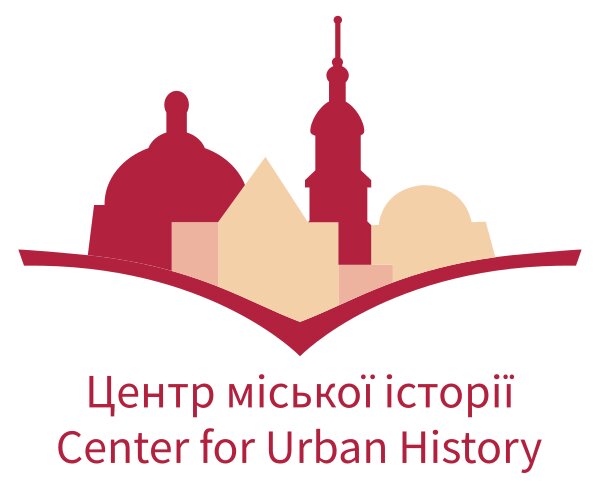
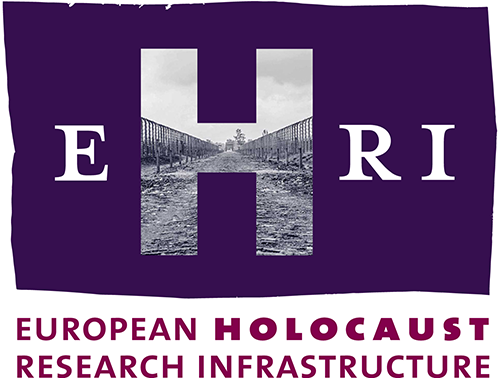
Credits
Cover Image: Ivana Franka St., Lviv, 1941-1944 // Collection of Volodymyr Rumyantsev // Urban Media Acrhive of the Center for Urban History
Gallery: Olya Klymuk
